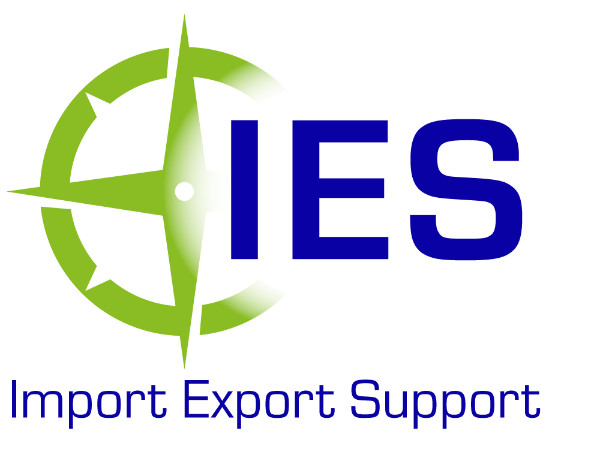Untangling Brexit for importers and exporters
Complexity
Continuing the series on the issues faced by importers and exporters, this post looks at some of the current complexity faced by Brexit negotiators and suggests some ways for businesses to plan a way forward.
Complexity of disentanglement:
Firstly, Britain needs to adopt or re-write the vast amount of EU legislation which is embedded into UK law.
Once the EU negotiators have the terms of a Brexit deal with the UK it will have to be voted on by the EU27 – the remaining members of the EU. As you would expect there are rules on what constitutes a majority vote.
Voting rules of the EU:
Withdrawal from EU – A reinforced Qualified Majority (RQM) 20 Member states (65%)
Transitional Agreement – A ‘Qualified Majority’ (QM) – 15 Member states (65%)
New Trade Deal – A ‘Qualified Majority’ (QM), ratified by the 27-member states
EU is 18 months into the permitted transition period for this law to become practice.
Given that the EU is made up of 27 very different member states, with very different requirements from membership consensus is definitely not guaranteed and may prove difficult to get the deal agreed & ratified.
The Law In
addition to the time, monetary and logistical constraints the volume of legislation required coupled with the requirements to have a voting majority approval of any deal could severely impact delivery of successful outcome of Brexit for the UK.
Legislation stats – there are:
- Over 12,000 EU regulations in force.
- Around 7,900 statutory instruments which have been implemented into EU legislation.
- 186 (14.3%) of the 1,302 UK Acts have a degree of EU influence to be re-written
- Between 800 and 1,000 statutory instruments which will need correction in addition to other statutory instruments required for purposes other than leaving the EU.
- Usually just 1,300 statutory instruments are made per year
These stats are enough to make your eyes water and question how, without a majority government, much of the legislation will be driven through Parliament and what projects will be shelved to allow Brexit related issues to be given priority.
Some key implications:
New Customs Law
Currently the UK as part of the EU is governed by the European legislation on trade. This legislation is called the Union Customs Code (UCC) and was adopted into law on 1st May 2016. It replaced the old legislation known as the Combined Customs Code (CCC).
Adherence for traders to comply with the new requirements under the UCC has come at a cost to many businesses either through the loss of a relief they were previously entitled to claim or from the requirement to have a new mandatory guarantee Combined Customs Guaranteed (CCG’s) in place when operating a customs simplification. The UK should consider reversing the more punitive elements of this new law as part of a Brexit agreement with the EU. However, agreement to do so cannot be guaranteed and will come too late as the 2-year transition expires on 29th May 2018. It simply adds to the complexity of disentanglement, not to mention a double hit for traders.
In October Rt. Honourable Philip Hammond MP issued a white paper outlining the Treasury’s stance on intra EU trade and customs post Brexit. It clearly advocates a soft Brexit transition period whereby the UK adopts the Union Customs Code (UCC) until such times as a Free Trade Agreement (FTA) can be reached. Below is a link so you can read the paper in full
customs_bill_white_paper_web.pdf
Possible Outcome:
A transitional agreement should allow us to continue to move goods freely within the EU and will give the UK more time to work on the special arrangements it wants to negotiate with the EU. They want to disentangle us from the bureaucracy and from being bound by decisions under EU law by the European Court of Justice (ECJ) achieving this without damaging trade there will take a huge amount of work and care to ensure that there are no holes left in the EU statute books.
What can businesses do now to prepare?
Check compliance with the UCC: Perform a check on your current processes and procedures and make sure that there is no exposure to fine and penalties for inaccuracies and errors.
Invest in EDI data exchanges with your forwarders: A huge amount of shipping data could be exchanged electronically cutting down errors and keystrokes. Successful implementation of such a solution is key to tracking successfully the movement of stock for any business that trade internationally.
This blog aims to give you the information you need to help make decisions for your import and export business. There’s lots more to be said on Brexit and I’d be interested to hear what issues matter most to you. Please add a comment below or email me, [email protected] and I will make sure your voice is heard

